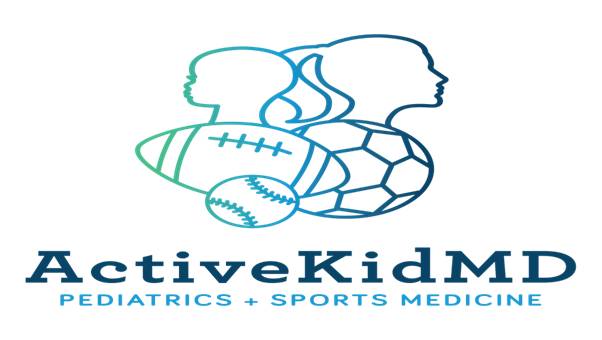Sleep, Screen Device Use, and Concussion Recovery
Each concussion deserves individualized recommendations that seek to strike the delicate balance between a child's need for maintaining social contacts and attempt to continue with school work with a desire to not overwhelm the healing brain and increase post-concussion symptoms. An absolute restriction on screen use might reduce possibility of certain symptoms such as difficulty falling or staying asleep, but can also lead to social isolation contributing to higher symptom reports of anxiety, sadness, and outright depression.
How can we best strike an appropriate balance between screen use and need for adequate sleep?
Ask most parents if they have worries about sleep issues and amount of electronics/screen device use in their school aged children, and you'll probably get ready nods and smiles of affirmation.
Ask some of my sports medicine colleagues about why we are seeing more complicated and prolonged post-concussion recoveries, and you'll hear some suggest that the multi-tasking and multiple platforms of communication utilized by smart phones and other screen devices are potential contributing factors.
So since increasing sleep issues and attempts to pry screen-based devices from the hands of kids are common concerns to parents and medical professionals, it should be no surprise that difficulties initiating or maintaining sleep and regulating electronic use are often major challenges in children who have suffered a concussion.
Came across two recent studies on the subject of screen use and sleep that I think shed some interesting light on how we might make recommendations for all children, but particularly in the immediate post-concussion population.
One study from Proceedings of the National Academy of Sciences of the United States of America suggests the use of portable light-emitting devices immediately before bedtime has potential biological effects that may perpetuate sleep deficiency and disrupt circadian rhythms, both of which can have adverse impacts on performance, health, and safety. Such device use can:
- increase alertness at bedtime, which may lead users to delay bedtime at home
- suppress levels of the sleep-promoting hormone melatonin,
- reduce the amount and delays the timing of REM sleep
- and reduce alertness the following morning
While this study used healthy young adults (mean age around 25 years of age), the findings are intriguing enough to be extrapolated to younger patients. Given the frequency where recommended oral melatonin clearly helps with falling and staying asleep, having another pathway to support internal melatonin production can be essential in the recovery process.
An additional study from the journal Pediatrics examined 4th through 7th graders and assessed associations of different screens in sleep environments with sleep duration and perceived insufficient rest or sleep. Particular interest was placed on smartphones which can emit notifications during sleep periods, and relevant findings included:
- Sleeping near a small screen, sleeping with a TV in the room, and more screen time were associated with shorter sleep durations.
- Presence of a small screen, but not a TV, in the sleep environment and screen time were associated with perceived insufficient rest or sleep.
These findings found that small screens could have more adverse effects on sleep than television screens and thus caution against unrestricted screen access in children’s bedrooms for normal, healthy 4th through 7th graders, which again could be extrapolated to include concussed children.
Throwing this all together, a pragmatic approach to screen use after concussion that utilizes the findings of these studies may include the following clinical recommendations:
1) The preponderance of screen devices is an integral reality in the life of many school-aged children and significance of appropriate use cannot be underestimated in expediting post-concussion recovery.
2) Once appropriate, limit screen device time use initially to the middle of the day and not within one hour of any scheduled nap or evening sleep period.
3) All screen device use should be stopped at least one hour before bedtime,
4) Screen devices should be removed from the bedroom to reduce interruptions in sleep from notifications or temptation to check devices for updates during periods of awakening.
Once the child has recovered from the concussion, the child might find that continuing the above screen time recommendations may lead to continued enhanced amount and quality of sleep, which in itself may lead to an enhanced quality of life.
